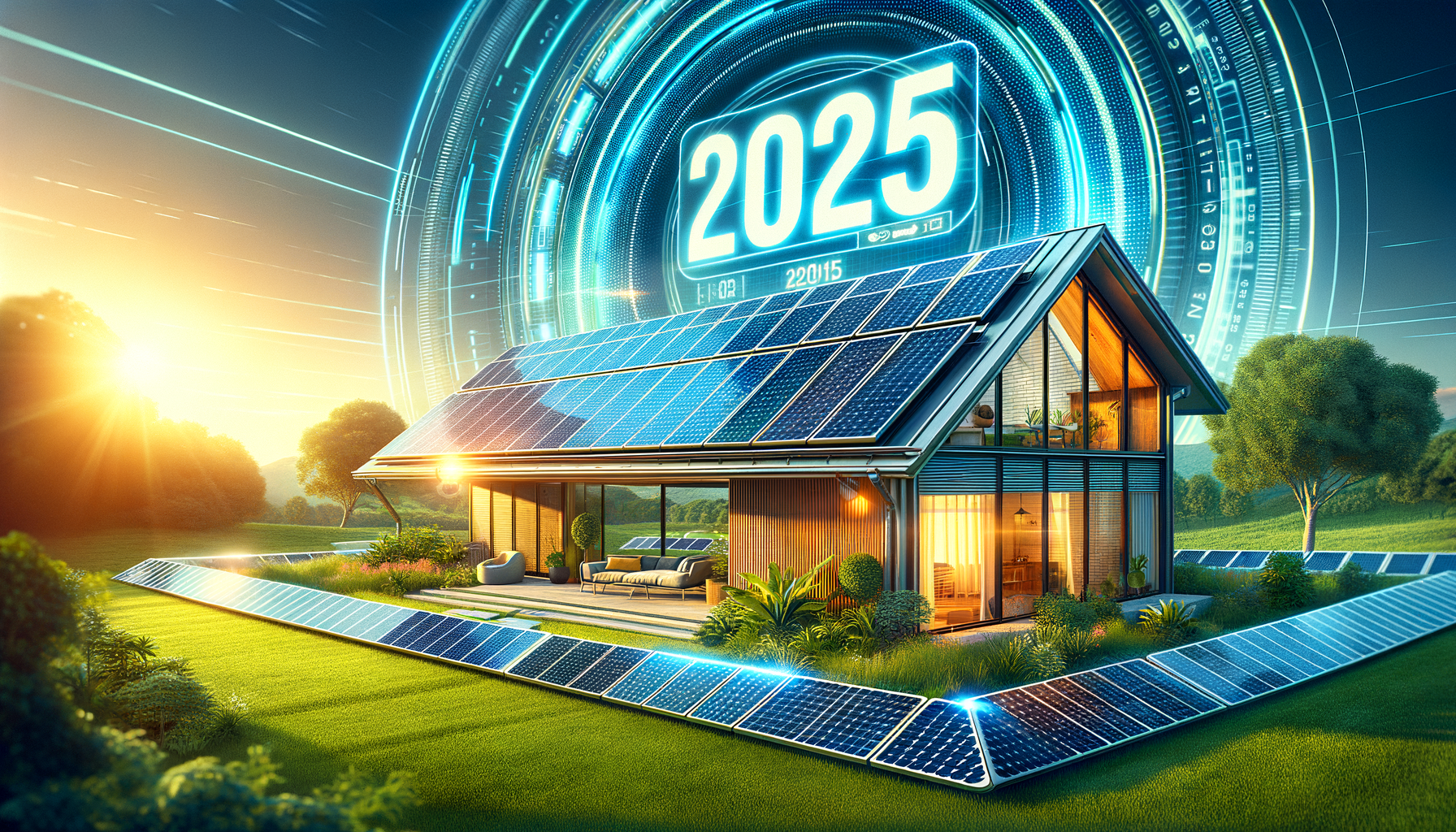Is 2025 the Year You Finally Go Solar?
Exploring the benefits and considerations of investing in solar panels for your home.

Introduction to Solar Panels
As the world steadily shifts towards renewable energy sources, solar panels have become a prominent symbol of this green revolution. Solar panels, also known as photovoltaic panels, convert sunlight into electricity, offering a sustainable and efficient energy solution. The increasing affordability and technological advancements have made solar panels an attractive option for homeowners looking to reduce their carbon footprint and energy bills. In this article, we delve into the various aspects of buying solar panels, helping you make an informed decision for your home.
Understanding the Benefits of Solar Panels
Solar panels offer a plethora of benefits, making them a worthwhile investment for many homeowners. Firstly, they provide a significant reduction in electricity bills. By harnessing the sun’s energy, you can generate your own electricity, reducing dependence on the grid and lowering monthly utility costs. Additionally, solar panels contribute to environmental conservation. By using clean energy, you reduce greenhouse gas emissions, playing a part in combating climate change.
Furthermore, solar panels can increase property value. Homes equipped with solar energy systems often sell at a premium compared to those without. This is due to the growing demand for energy-efficient homes that promise long-term savings. Lastly, government incentives and tax credits can significantly offset the initial costs, making solar panels a financially viable option.
Factors to Consider When Buying Solar Panels
Before purchasing solar panels, there are several factors to consider. The first is the location and orientation of your home. Solar panels require ample sunlight to function efficiently, so homes in sunny regions or with roofs facing south are ideal. It’s also important to assess the condition of your roof, as it must be sturdy enough to support the panels for several decades.
Next, consider the size and capacity of the solar panel system. This depends on your energy needs and budget. You should also research the different types of solar panels available, such as monocrystalline, polycrystalline, and thin-film, each with its own efficiency levels and price points. Lastly, consider the reputation and warranties offered by solar panel manufacturers and installers to ensure quality and reliability.
Cost and Financing Options
The cost of solar panels has decreased significantly over the past decade, making them more accessible to a broader audience. However, the initial investment can still be substantial. It’s crucial to understand the total cost, which includes the panels, inverter, installation, and any additional equipment. When evaluating costs, consider the long-term savings on electricity bills and potential increases in property value.
Several financing options are available to help manage the upfront costs. These include solar loans, leases, and power purchase agreements (PPAs). Solar loans allow you to own the system and benefit from tax credits, while leases and PPAs typically involve lower upfront costs but do not provide ownership. Each option has its pros and cons, so it’s essential to choose one that aligns with your financial situation and goals.
Conclusion: Is Solar Right for You?
Investing in solar panels is a significant decision that can lead to substantial financial and environmental benefits. By carefully considering your home’s location, energy needs, and budget, you can determine if solar energy is a suitable choice for you. With the availability of government incentives and various financing options, solar panels have become more accessible than ever before. As we move towards a sustainable future, embracing solar energy can be a pivotal step in reducing your carbon footprint and contributing to a cleaner planet.